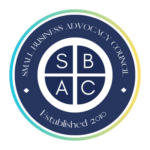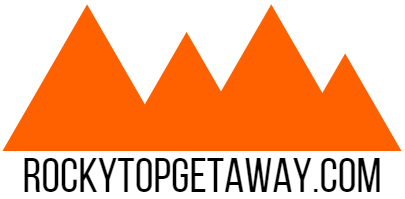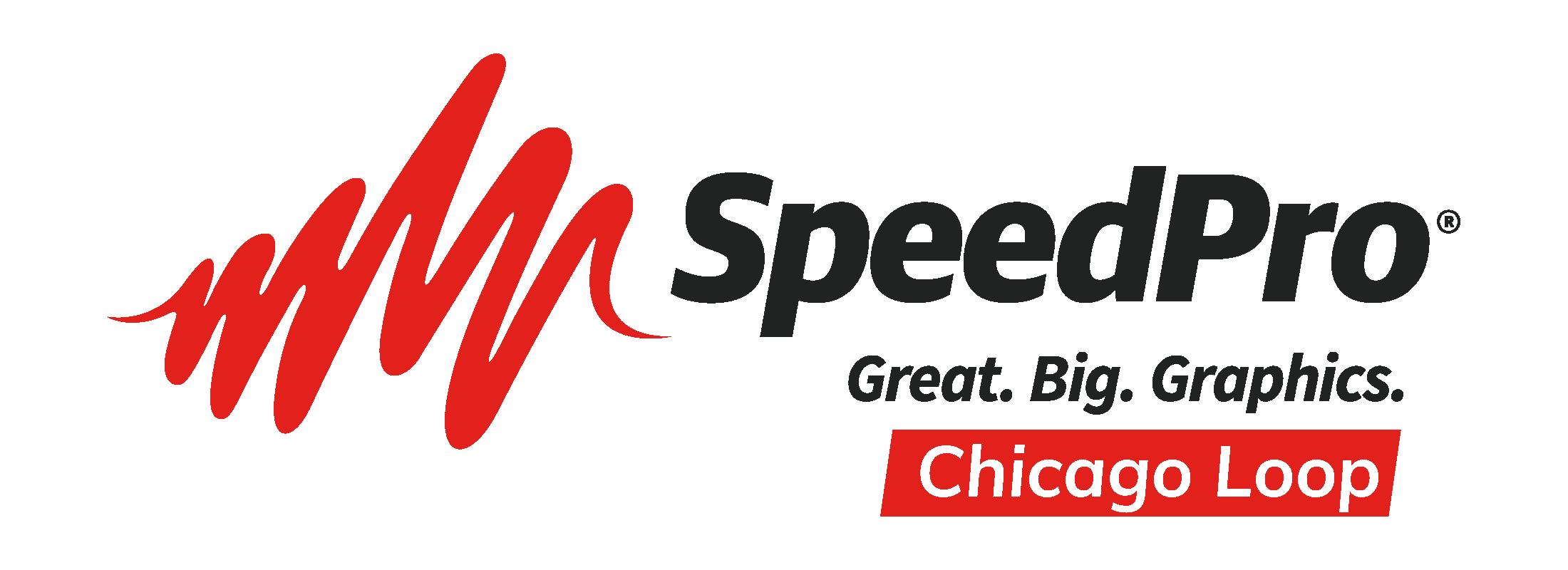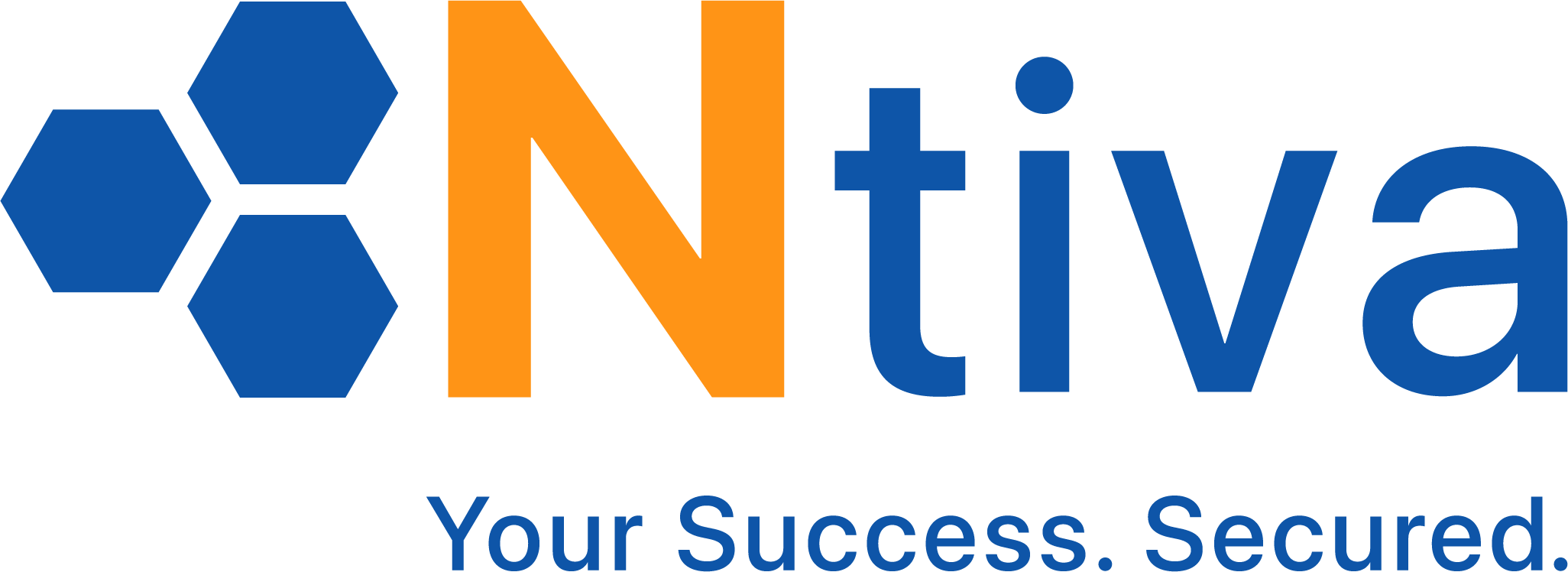Why Occupational Licensing Needs Reform
Occupational licenses are issued to protect the public’s health, safety and welfare. The number of required licenses in Illinois has grown from a handful in the 1950’s to over 430 today.
Policymakers across the political spectrum are challenging states to examine occupational licensing and its impact on reducing competition, increasing costs, exclusion from a multitude of occupations, and harming local economies. Occupational licensing reform expands economic opportunity without sacrificing public safety.
Problems with the Current System
Anti-Competitive: Many Licensing boards create unnecessary educational and training requirements that limit entrance to occupation.
Lack of Uniform Standards and Transparency: Every license comes with its own educational requirements, fees and disciplinary structure. There are no uniform standards and little transparency. Requirements may not match the skills needed in today’s world. Fees and fines may not relate to the occupation’s economic opportunities or serve to protect the public.
Portability and Social Justice: Lack of license portability between states serves as a barrier to people wanting to move to Illinois. Prior criminal and professional disciplinary records regardless of the relevancy of the violation can automatically disqualify an applicant.
Employment is the single biggest factor in reducing recidivism. We are needlessly keeping people from good paying jobs.
What are the Solutions?
Meaningful Sunset and Sunrise Reviews:
Establish meaningful Sunset and Sunrise review procedures to repeal needless licenses and prevent unnecessary licenses from being enacted. Colorado, Texas, Florida and Washington have enacted meaningful Sunset and Sunrise laws.
Require Sensible Standards, Transparency, and Pro-Economic Behavior:
Work to eliminate anti-competitive licensing regulations that restrict the number of licenses granted or encroach on competing occupations. Establish standard and fair fee and disciplinary structures for all licensed occupations. Create a public portal to increase transparency and ease of application.
Encourage Interstate Mobility and Portability:
Eliminate occupational barriers for people who want to move to Illinois. Arizona and New Jersey enacted laws to recognize professional and occupational licenses from other states. Other states are following suit.
Social justice Reform:
Curtail license denials based on irrelevant or long-past criminal records.
The SBAC Supports Relief For Chicago Small Businesses Through Reimbursement of Liquor License Fees
The SBAC supports a proposed Chicago ordinance which will reimburse small businesses a portion of the liquor license fees they paid because they could not use their license during pandemic related shutdowns. This ordinance will help many local businesses recover from the pandemic. Please translate this page to the language of your choice. Supporters Fifth…
Legislation to Help Black Owned Businesses Receive a Fair Share of State Contracts
READ H.B 2629 HERE TAKE ACTION Black Owned Businesses Deserve Access to Government Contracts Illinois has failed Black and African American owned businesses by failing to provide them access to state contracts. For too long, they have been denied a fair share of state contracts and revenue. Legislation has been filed to ensure Black and…
Property Tax Reform
Citizens Empowerment Act The state of Illinois has the second highest property taxes in the US. Property taxes are a huge burden on Illinois residents and small businesses, and often drive people out of the state. Illinois also has 6,918 local units of government, according to the latest Census Bureau data, which is more than…










